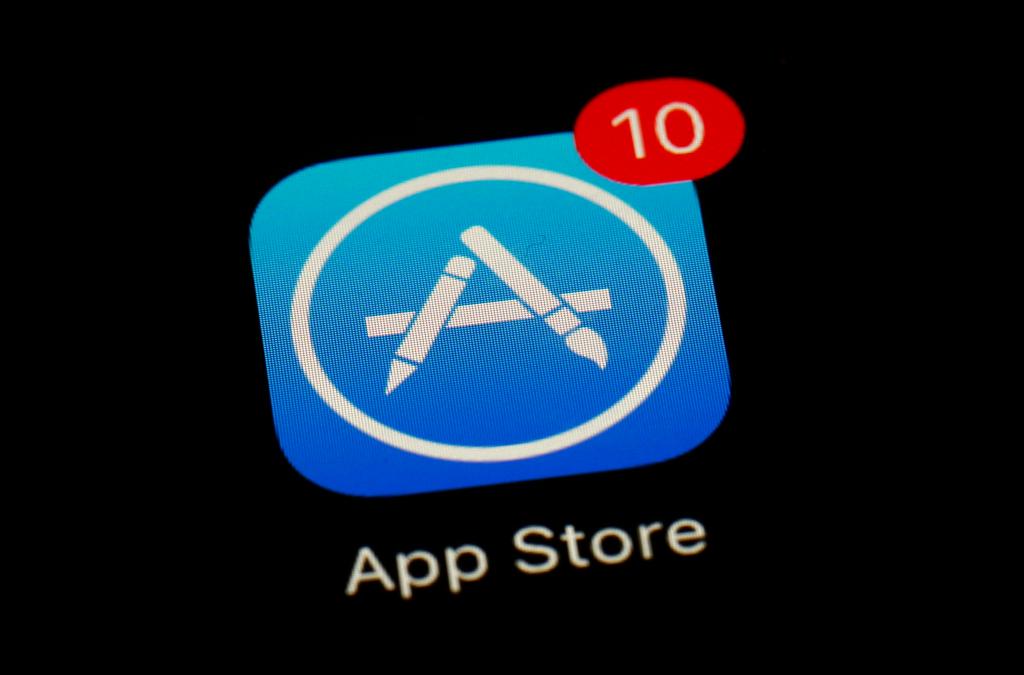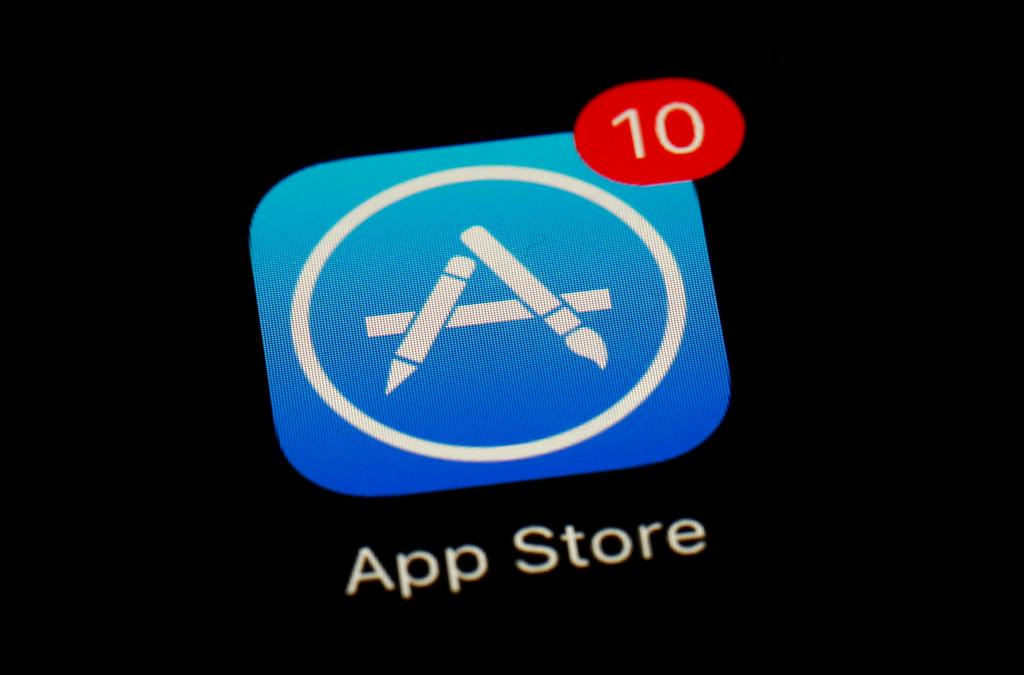“The battle for the digital realm has reached a boiling point. In a move that has sent shockwaves through the globe, tech giant Apple has taken a drastic step by blocking the return of the immensely popular game ‘Fortnite’ to the App Store. According to Epic Games, the creators of the cultural phenomenon, Apple’s draconian measures are a blatant attempt to stifle competition and maintain its iron grip on the digital marketplace.

Implications of the Ruling

Unionjournalism has been following the developments in the Epic Games vs. Apple saga, and the latest ruling has far-reaching implications for Apple’s lucrative App Store model. The ruling threatens to upend Apple’s business model by allowing developers to direct customers to make purchases on their own websites, thereby avoiding the iPhone maker’s steep in-app commissions.
The ruling could cost Apple “hundreds of millions to billions” of dollars each year, depending on developer implementation and consumer adoption. This is a significant blow to Apple, which has been accused of anticompetitive practices by Epic Games, Spotify, and Amazon, among others.

Impact on Developers
The ruling has significant implications for companies like Epic Games, Spotify, and Amazon, which have been fighting against Apple’s alleged anticompetitive practices. These companies can now direct customers to make purchases on their own websites, avoiding Apple’s commissions. This could lead to a loss of revenue for Apple, which has been accused of using its market dominance to stifle competition.
The ruling also has implications for Apple’s concerns about intellectual property and “free access” to products and services. Apple has argued that the ruling would force it to “give away free access to its products and services, including intellectual property.” However, Epic Games and other developers have argued that this is a necessary step to promote competition and innovation in the app development space.

Epic Games’ Response and Next Steps
Epic Games has characterized Apple’s filing as a “last-ditch effort to block competition and extract massive chunk fees at the expense of consumers and developers.” The company has vowed to bring Fortnite to iPhones and iPads in the US, despite Apple’s ban.
The implications for the antitrust battle between Epic Games and Apple are significant. The ruling has given Epic Games a significant victory, and the company is now pushing ahead with its plans to bring Fortnite to iPhones and iPads in the US. This could be a significant blow to Apple’s app store dominance.
Apple’s Concerns
Apple has argued that the ruling would force it to “give away free access to its products and services, including intellectual property.” The company has also argued that the ruling would cost it “hundreds of millions to billions” of dollars each year, depending on developer implementation and consumer adoption.
However, Epic Games and other developers have argued that this is a necessary step to promote competition and innovation in the app development space. The company has accused Apple of using its market dominance to stifle competition and innovation.
Conclusion
In conclusion, the recent controversy surrounding Apple’s decision to block the return of Fortnite to the App Store has sparked intense debate and scrutiny. Epic Games, the developer of Fortnite, has accused Apple of stifling innovation and competition by imposing restrictive policies on app ecosystem. The core issue revolves around Apple’s 30% commission on in-app purchases, which Epic Games deems exorbitant and unfair. The dispute has far-reaching implications for the entire tech industry, as it raises important questions about the power dynamics between platform owners and content creators.
The significance of this issue cannot be overstated. If Apple is allowed to wield unchecked power, it may stifle innovation, limit consumer choice, and undermine the very principles of fair competition. The ripple effects of this controversy will be felt across the industry, as developers and publishers grapple with the complexities of platform governance. Moreover, the dispute has the potential to reshape the regulatory landscape, as governments and regulatory bodies begin to scrutinize the practices of tech giants.
As we look to the future, one thing is clear: the battle for control over the digital landscape will only intensify. Will platform owners continue to wield their power unchecked, or will innovators and content creators fight back against restrictive policies? The outcome of this struggle will shape the future of the digital economy and have profound implications for the way we live, work, and play. Ultimately, the fate of Fortnite is just a symptom of a larger issue – the struggle for dominance in the digital age. Will we allow the tech giants to dictate the terms of our digital lives, or will we fight for a more equitable and open digital future?
